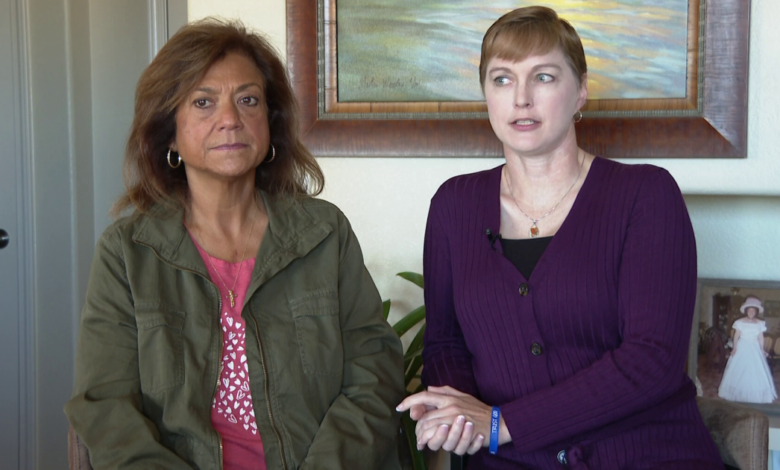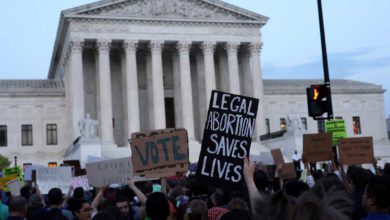
COLORADO SPRINGS, Colo. (KMGH) — A Colorado woman says she won't be eligible for a kidney transplant through UCHealth because she's not vaccinated against COVID-19.
Leilani Lutali received a letter, dated Sept. 28, stating that she would need to be vaccinated to become an active on the transplant list again.
"The transplant team at University of Colorado Hospital has determined that it is necessary to place you inactive on the waiting list. You will be inactivated on the list for non-compliance by not receiving the COVID vaccine. You will have 30 days to begin the vaccination series. If your decision is to refuse COVID vaccination you will be removed from the kidney transplant list. You will continue to accrue waiting time, but you will not receive a kidney offer while listed inactive. Once you complete the COVID vaccination series you will be reactivated on the kidney transplant list pending any other changes in your health condition."
"I feel coerced. I feel like my life is being held in their hands in exchange for a shot, and the attitude is just take the shot," Lutali said.
The letter has gotten a lot of attention, including from State Rep. Tim Geitner, a Republican serving El Paso County.
"The understanding is basically… conform to this demand. Take this COVID vaccine or otherwise you will be denied a life-saving procedure," he said Tuesday.
In a Facebook Live, the state lawmaker says he contacted UCHealth several times to get them to provide an exception.
"I've had 2-3 exchanges, actually — a few text messages, a couple of phone calls, a couple of emails — in and around this issue," Geitner said. "There is very little that UCHealth is prepared to do... an exemption to policy or a change in policy or accommodating or anything else."
UCHealth said it's not uncommon to require transplant patients to meet numerous health protocols.
"UCHealth’s priority is to provide excellent, safe care for transplant patients before, during and after a transplant surgery.
An organ transplant is a unique surgery that leads to a lifetime of specialized management to ensure an organ is not rejected, which can lead to serious complications, the need for a subsequent transplant surgery, or even death. Physicians must consider the short- and long-term health risks for patients as they consider whether to recommend an organ transplant.
Transplant centers across the nation, including the UCHealth Transplant Center, have specific requirements in place to protect patients both during and after surgery. For example, patients may be required to receive vaccinations including hepatitis B, MMR and others. Patients may also be required to avoid alcohol, stop smoking, or prove they will be able to continue taking their anti-rejection medications long after their transplant surgery. These requirements increase the likelihood that a transplant will be successful and the patient will avoid rejection.
In almost all situations, transplant recipients and living donors at UCHealth are now required to be vaccinated against COVID-19 in addition to meeting other health requirements and receiving additional vaccinations. Some U.S. transplant centers already have this requirement in place, and others are making this change in policy now.
Patients who have received a transplanted organ are at significant risk from COVID-19. Should they become infected, they are at particularly high risk of severe illness, hospitalization and death. Studies have found transplant patients who contract COVID-19 may have a mortality rate of 20% or higher. A living donor could pass COVID-19 infection on to an organ recipient even if they initially test negative for the disease, putting the patient’s life at risk.
One broad study found kidney transplant patients who contracted COVID-19 had a 21% mortality rate. Other studies found mortality rates ranging from 18% to 32% for transplant recipients who acquired COVID-19. For comparison, the CDC says the current mortality rate for everyone who has tested positive is 1.6%. This is why it is essential that both the recipient and the living donor be vaccinated and take other precautions prior to undergoing transplant surgery. Surgeries may be postponed until patients take all required precautions in order to give them the best chance at positive outcomes."
Lutali claims a friend of hers is proving to be an early match for a kidney transplant, but because they both oppose the vaccine, UCHealth's policy will not allow them to move forward in the process.
This story was first reported by Pattrik Perez on TheDenverChannel.com.







